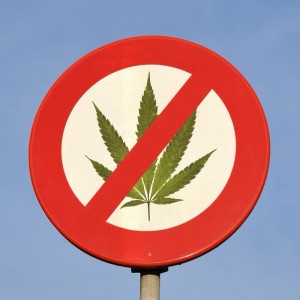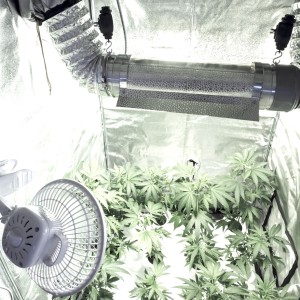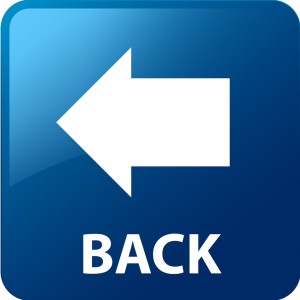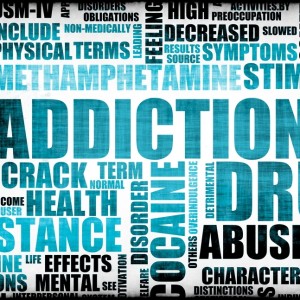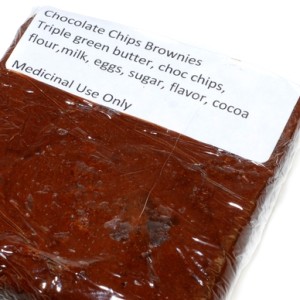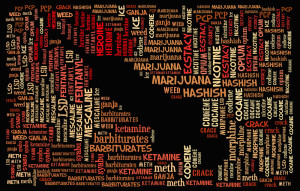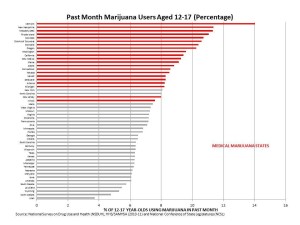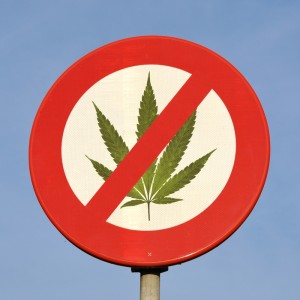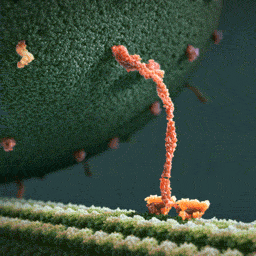
Current brain science is suggesting strong plausibility that the opiate and heroin epidemic will continue to worsen with commercializing and industrializing production and sales of marijuana at levels the likes of tobacco, alcohol and prescription drugs.
With more 21st century marijuana in our communities, opiate and heroin use rises. The brain science is beginning to explain why this is. We are, with marijuana research, where we were in the 1920s and 30s with tobacco research linking smoking to cancer.
Studies are revealing that the cannabinoid-opioid systems of the brain are intimately connected.
In the areas of the brain where cannabinoids bind, opioids bind as well, and if you modify one system, you automatically change the other. Continue reading Marijuana and the Opiate/Heroin Epidemic: Brain Science Reveals a Connection
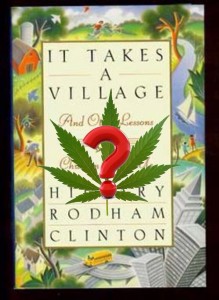


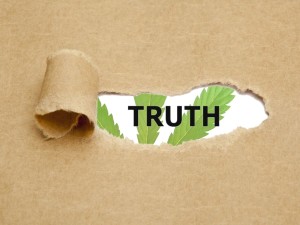
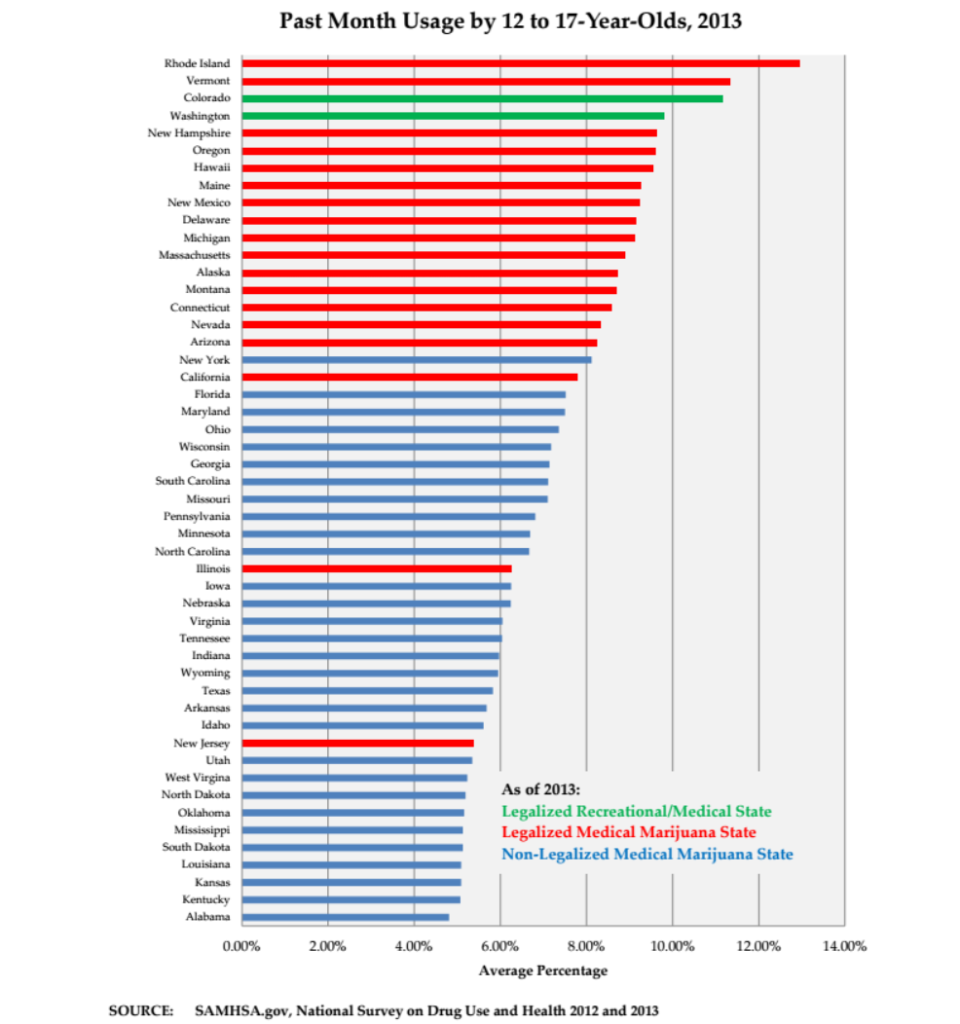
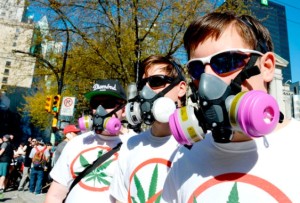

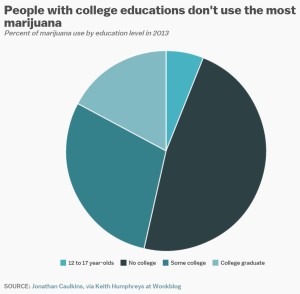
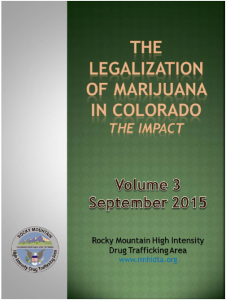
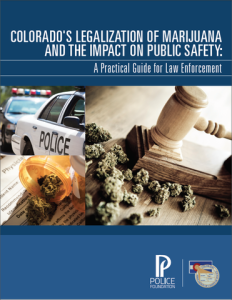
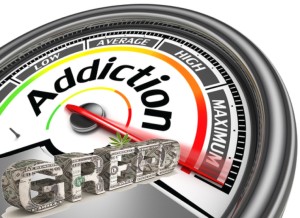
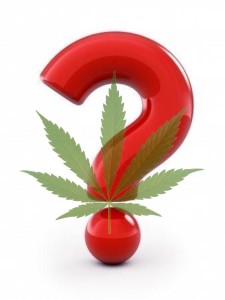

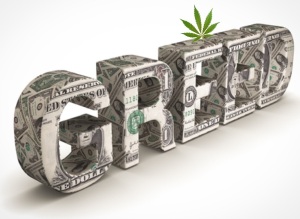

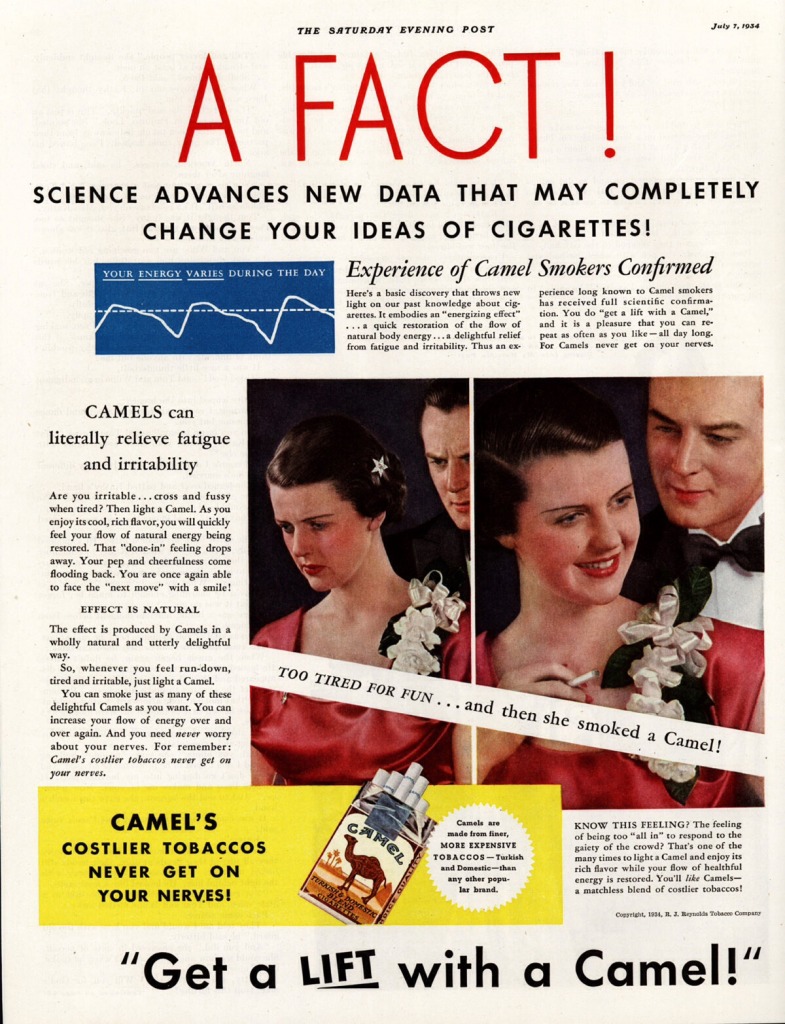

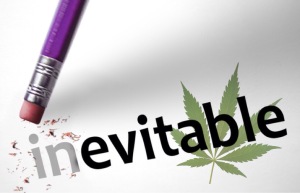
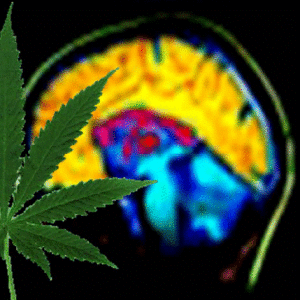


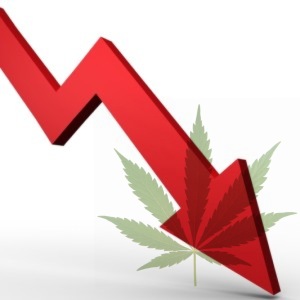



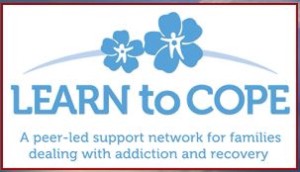

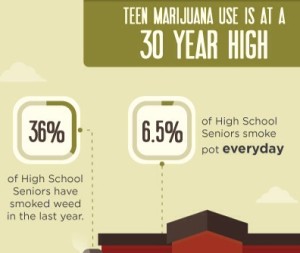
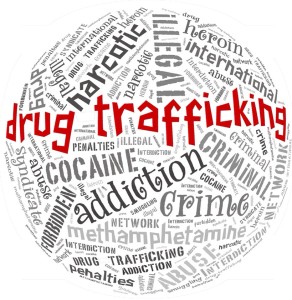

 Some criminologists fancy pot legalization as a magical scheme to get control of the black market for this drug, simple economics easily predicted what is actually occurring when states legalize and “regulate” pot. The black market thrives in the midst of expensive and aggressive “legitimate” pot markets.
Some criminologists fancy pot legalization as a magical scheme to get control of the black market for this drug, simple economics easily predicted what is actually occurring when states legalize and “regulate” pot. The black market thrives in the midst of expensive and aggressive “legitimate” pot markets.